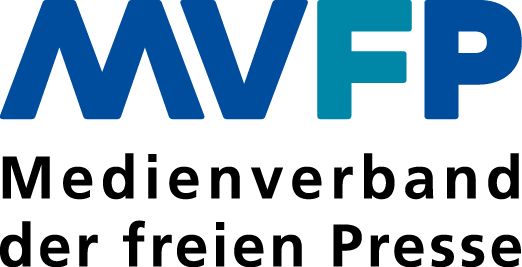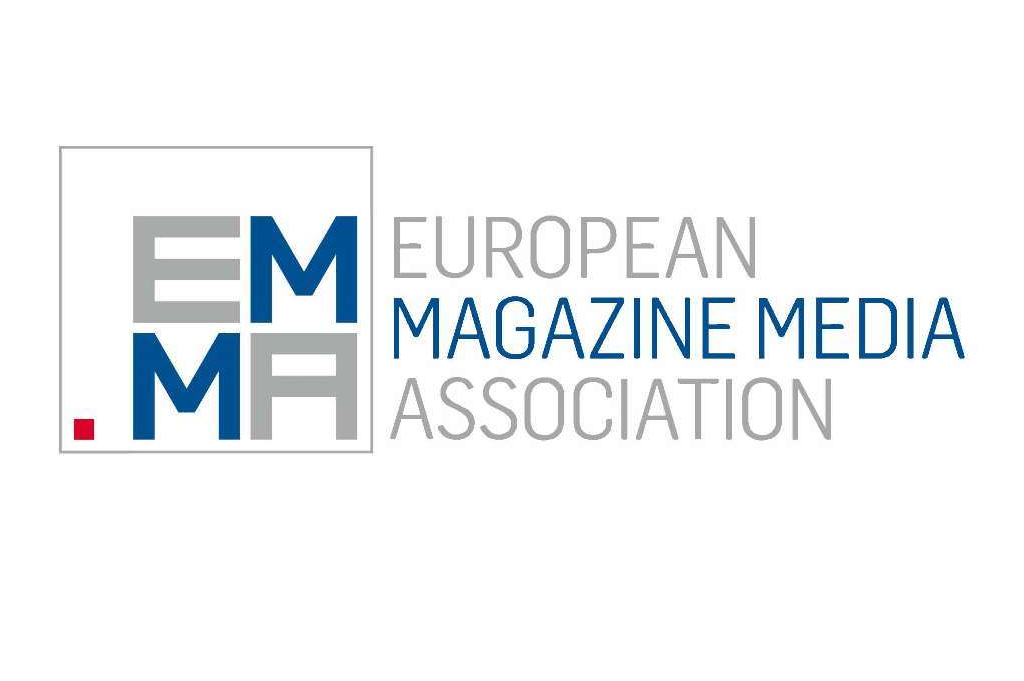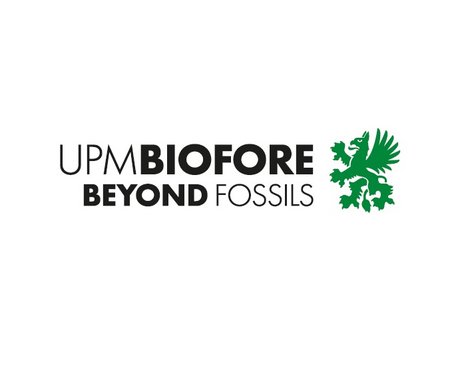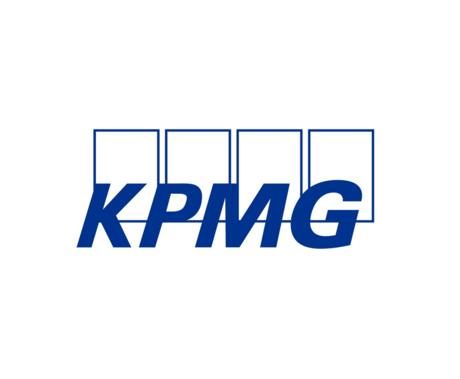EMMA: European Press Publishers concerned that pending trilogue negotiations pose a threat to the sustainability and viability of professional online journalism
Yesterday, the Council of the European Union reached an agreement on the proposal for an e-Privacy Regulation, clearing the way for the start of the trilogues with the European Parliament and the European Commission.
The European Magazine Media Association (EMMA) and the European Newspaper Publishers’ Association (ENPA) are strongly concerned that today’s agreement represents an unsuitable basis for engaging in trilogue negotiations. In a last-minute change, Member States decided to part with essential safeguards for online media and further weakened the Presidency’s latest compromise. In light of the European Parliament Report’s worrying provisions, the pending trilogue negotiations now pose a threat to the financing of independent journalism.
It is more important than ever that the Council’s compromise is not further watered down in the upcoming negotiations with the Parliament and that all parties involved ensure that none of the online press’ red-lines are crossed in the final result of the trilogues in order to ensure a fair and future-proof Regulation:
- It must be unequivocally ensured that the access to publishers’ content can be made conditional to the users’ consent.
- The obligation for software providers to directly implement users’ consent must be upheld and under absolutely no circumstances the Regulation should invest internet access software as an unavoidable intermediary for users’ consent.
- A generalised blocking of telephone marketing calls, even with the recipient’s consent, must be prevented.
All of these matters are fully of equal importance and cannot be treated as “bargaining tokens” in the upcoming negotiations. We call on all institutions to strive for the right balance to reach a suitable outcome for online newspapers and magazines and the digital economy.
Ilias Konteas, Executive Director of EMMA - ENPA said: The Regulation needs to take into account all of the developments that have taken place since the proposal was published in 2017 and that will most likely affect its effectiveness, such as the planned introduction of the “Google Privacy Sandbox”. E-Privacy should not reinforce the dominant position of digital gatekeepers, therefore we call on negotiators to safeguard the sustainability of the press sector and the fairness of digital markets through provisions that ensure that publishers can benefit from users consent.





